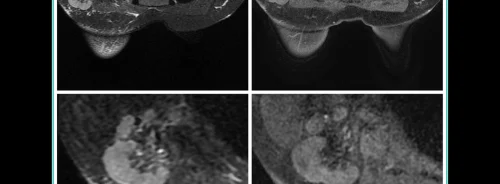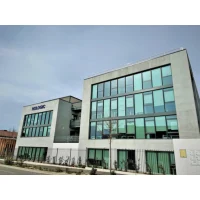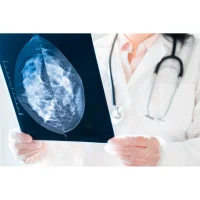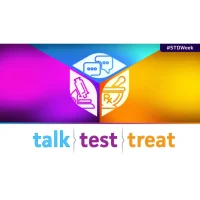Brazilian researchers (Porto Alegre, RS, Brazil) recently examined whether HER2-positive breast cancers should still be associated with poor prognosis given the advance in HER2-targeted therapies.
HER2, found on the surface of all breast cells, is a protein involved in cell growth. HER2-positive breast cancers are normally aggressive and associated with poor outcomes. In these cases, HER2 are overly sensitive and excessively driven by growth factors. HER2-target therapies typically interfere with HER2 function to interrupt HER2-mediated cell growth.
Given that these therapies have become more common over recent years, a population-based study was conducted for5,121 HER2-positive breast cancer patients before and after the availability of HER2-targeted therapies. HER2-positive tumours were more likely to be lymph node-positive and high grade. Before the availability of HER2-targeted agents, patients with HER2 positive breast cancers had worse five-year survival than hormone receptor-positive patients (63.4% vs. 83.0%). In comparison, following the entry of HER2-targeted agents in clinical practice, five-year survival no longer differed (88.3% vs 90.4%).
The study authors conclude that ‘HER2 amplification is no longer a marker of poor prognosis for patients newly diagnosed with breast cancer’, but also caution that further analysis is needed to determine whether patients with HER2-enriched tumours that are clinically HER2-negative may benefit from HER2-targeted therapies.
Click herefor the latest Women's Health news
Image Credit: iStock
Source: Clinical Breast Cancer
References:
Marczyk VR et al. (2022) Overall Survival for HER2-Positive Breast Cancer Patients in the HER2-Targeted Era: Evidence from A Population-Based Study. Clinical Breast Cancer.











